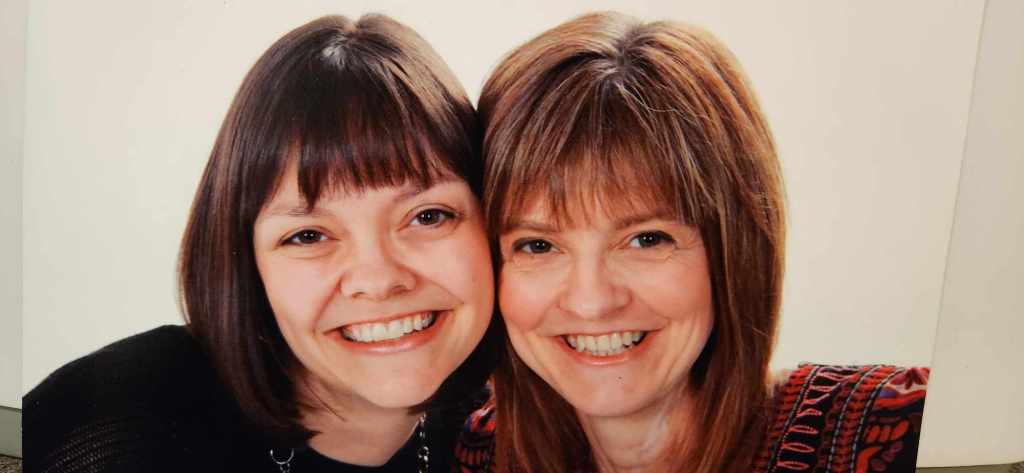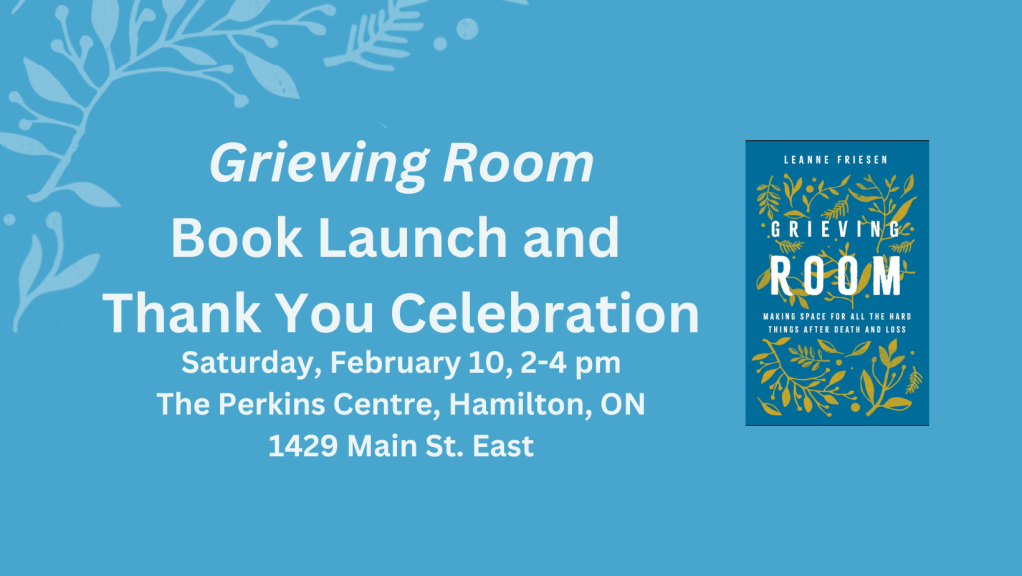For the last few months I’ve been planning a book tour in my home province of Newfoundland, Canada. I always knew this was risky in March. In fact, for weeks I’ve been joking about a snowstorm coming on March 8 – the day that I was slated to fly. I admit I’m accustomed to worrying about the worst. I kept thinking: “Yup, there will be a snowstorm the weekend of my launch events, guaranteed.” And then there was! But even my worry-wart nature couldn’t have guessed the level of storm that would come. It brought EIGHTY CENTIMETRES OF SNOW. The doorways are drifted over and at one point they took the plows themselves off the road for safety.
My book signing was cancelled yesterday but I held out hope for my workshop and official launch today to still happen. But when we woke to even more snow and drifts the size of cars to dig out, we knew it wasn’t happening.
I’ve said quite a few times: “I cannot believe this is happening on the one weekend I really needed this not to happen.” Even though I kept bracing myself for it, it still feels frustrating and annoying. I’m disappointed that things didn’t go the way I wanted.
AND
Sometimes life brings you snowstorms. Sometimes really really big ones. The truth is that there are so many times life doesn’t go the way we want. Our best laid plans fall apart. Our good intentions fall flat. The things we really hoped for don’t come to be, and the things we really didn’t want to happen happened anyway.
A friend who lost a brother to cancer far too young said to me when I first lost my sister: “One of the hardest things I lost after my brother died was my ability to believe everything will always turn out okay.” I felt that one deep in my bones. That is earth shaking when someone dies. It’s hard to accept that we can’t will, vibe or pray things into always going the way we want. Life brings much we don’t want. We can’t control cancer or snowstorms, and that stinks.
So we make space for life to go in new directions when the one we were taking let us down. Which is why I’ve done some editing to my tour, and I hope to see those of you who live in Newfoundland tomorrow for my revised launch time. And for today, I’m enjoying extra time with my niece over a movie marathon and lots of storm chips. It’s different than I pictured and it’s so good.









